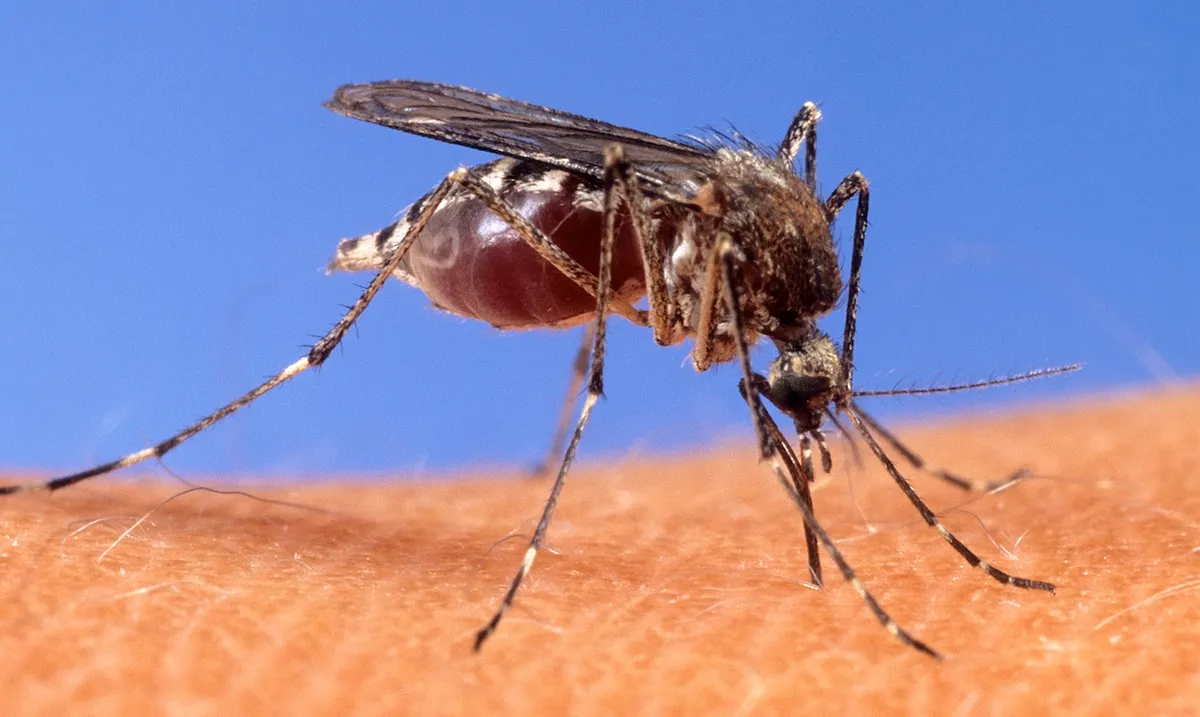
Investigators are currently examining whether a resident of Morris County has contracted malaria locally, marking a potential first since 1991. This individual, who has no history of international travel, remains unidentified. The New Jersey Department of Health and the Department of Environmental Protection are collaborating with the CDC to pinpoint possible sources of this infection. No further details about the resident have been disclosed at this time.
Malaria is a serious mosquito-borne disease caused by a parasite that is transmitted through the bites of infected mosquitoes. The disease is prevalent in various tropical and subtropical regions across the globe. According to a joint statement from health agencies, New Jersey sees approximately 100 travel-associated malaria cases reported each year.
Locally-acquired malaria can occur when a mosquito bites an individual infected with travel-associated malaria, acquires the parasite, and subsequently bites another person, thereby transferring the infection. While the Anopheles mosquitoes responsible for transmitting malaria are present in the Garden State, health officials have indicated that the risk of locally-acquired malaria remains low.
Acting New Jersey Health Commissioner Jeff Brown emphasized the importance of taking precautions to prevent locally-acquired malaria in the state. “While the risk to the general public is low, it’s crucial to take the necessary steps to avoid mosquito bites and ensure early diagnosis and treatment of malaria in returning travelers,” Brown stated.
Symptoms of malaria include fever, chills, headache, muscle aches, and fatigue. Other potential symptoms can be nausea, vomiting, and diarrhea. Typically, individuals infected with malaria develop symptoms between seven to 30 days following exposure. Although malaria can be effectively treated with prescription antimalarial drugs, it poses a significant risk if not diagnosed and treated promptly.
Mosquitoes are considered the world's deadliest animals, transmitting a variety of diseases such as malaria, dengue, West Nile virus, yellow fever, and Zika, according to the CDC. While not all mosquitoes carry malaria, the West Nile virus is the leading cause of mosquito-borne illness in the United States. Instances of malaria are not uncommon in New Jersey, and reports of the disease have increased in recent years, especially during the summer and early fall months, which are peak seasons for other mosquito-borne diseases.
In conclusion, as health officials investigate this potential locally-acquired malaria case, it serves as a reminder for residents to stay informed and take precautions against mosquito bites, ensuring public health safety in New Jersey.
For more updates on health-related news and investigations, please consider supporting NJ.com with a voluntary subscription.